Results
-
£132.00
James Bond 007 Medley - Various - Lars Erik Gudim
The Movie series about the British special agent 007 are among the greatest success in the history. The films has also produced a lot of musical hits performed by the worlds greatest artists.This arrangemt for vocal solo with Concert Band consists of the following four songs:James Baond Theme | Goldfinger | For Your Eyes Only | Licence to Kill
Estimated dispatch 7-14 working days
-
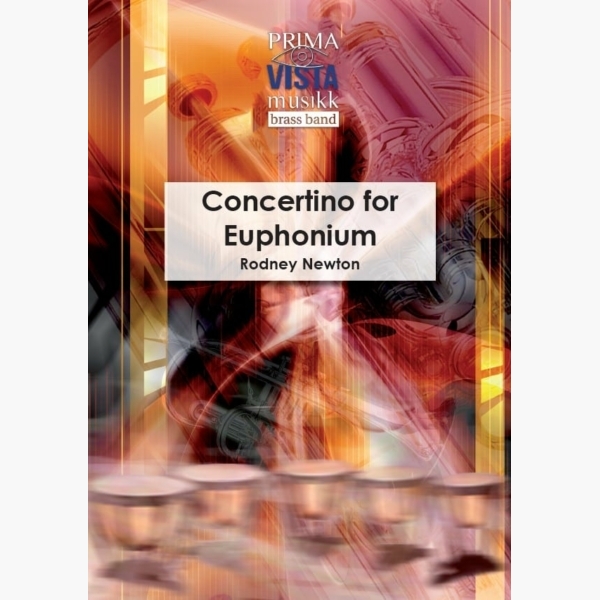 £49.95
£49.95Concertino for Euphonium - Rodney Newton
Concertino for solo euphonium and brass band was written in August 2004 for Robert Childs. The work is of a light nature and is in four movements, the last two joined by a cadenza for the solo euphonium. The first...
Estimated dispatch 5-7 working days
-
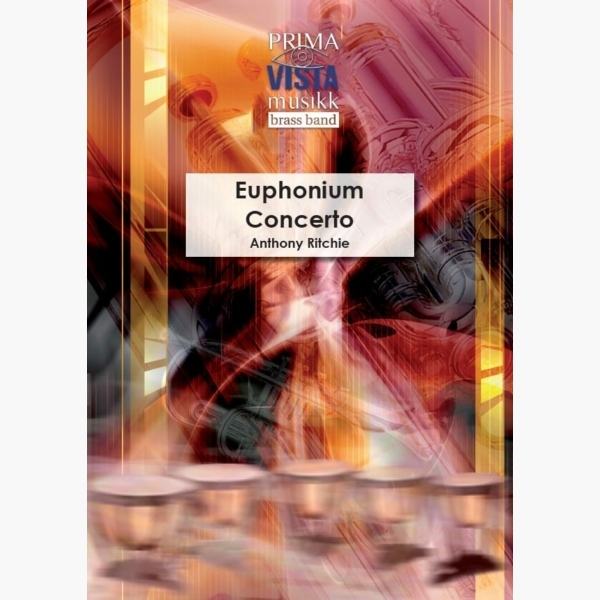 £64.95
£64.95Euphonium Concerto - Anthony Ritchie
This concerto was commissioned by euphonium soloist Byron Newton to perform with the Wellington Brass Band and the Royal Air Force Band in 2015, with financial assistance from Creative New Zealand. It is in four movements, but can be performed...
Estimated dispatch 5-7 working days
-
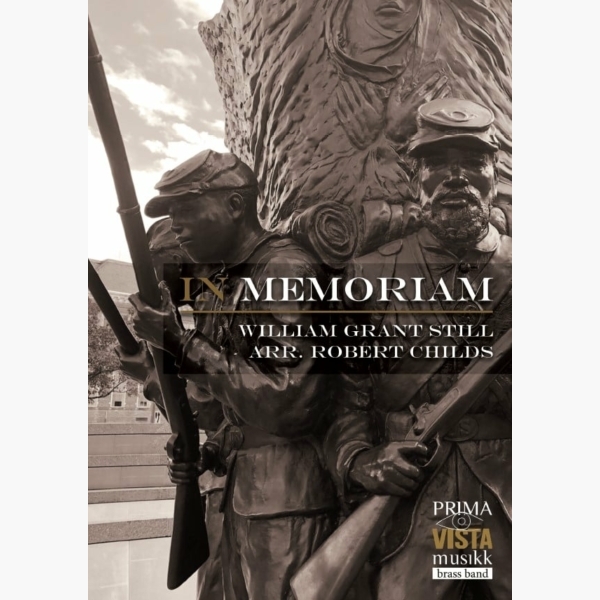 £49.95
£49.95In Memoriam - William Grant Still - Robert Childs
William Grant Still Jr. (1895 - 1978) was an American composer of nearly two hundred works, including five symphonies, four ballets, nine operas, over thirty choral works, art songs, chamber music, and solo works. Born in Mississippi and growing up...
Estimated dispatch 5-7 working days
-
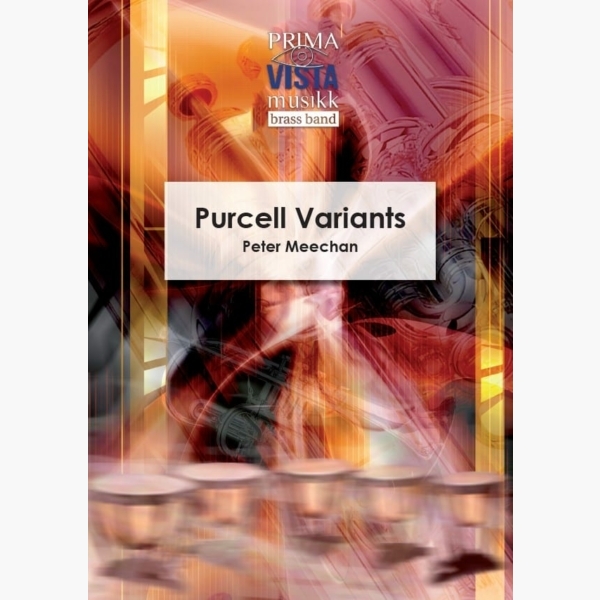 £64.95
£64.95Purcell Variants - Peter Meechan
Purcell Variants is based on Purcell's Queen Mary's Funeral Music, which consists of four canzonas (for brass), two elegies and an anthem. The first movement begins by sounding some of Purcell's original music in the trombones, underpinned by a timpani...
Estimated dispatch 5-7 working days
-
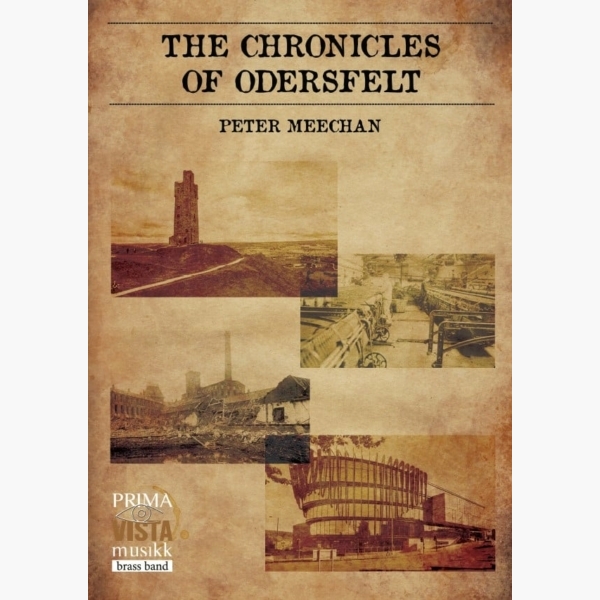 £64.95
£64.95The Chronicles of Odersfelt - Peter Meechan
The Chronicles of Odersfelt (Four Portraits of Huddersfield) was commissioned by Mark Bousie and David Armitage (President of Sellers International Ltd.) for the National Youth Brass Band Championships of Great Britain 2005. The first performance was given by the Sellers...
Estimated dispatch 5-7 working days
-
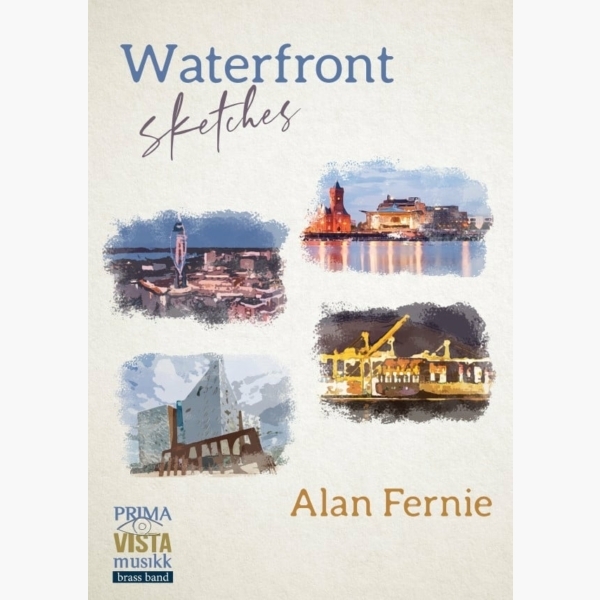 £64.95
£64.95Waterfront Sketches - Alan Fernie
Waterfront Sketches was commissioned by the National Children's Band of Great Britain and premiered by them at Repton School in July 2016. The composer was asked to write a work reflecting the four nations that make up the United Kingdom...
Estimated dispatch 5-7 working days
-
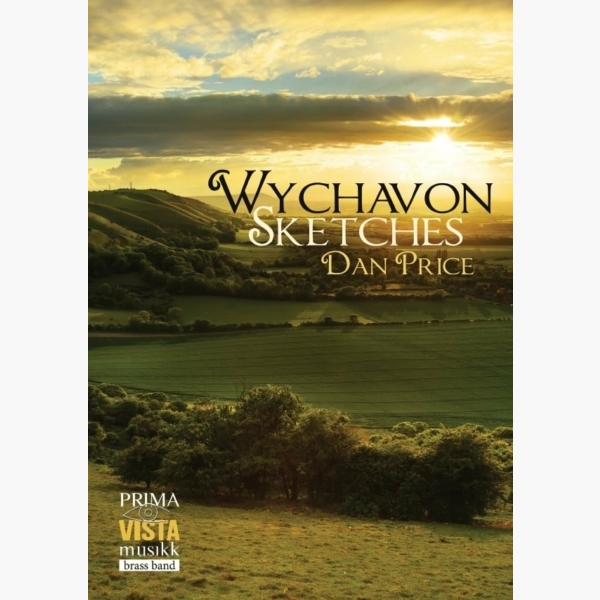 £64.95
£64.95Wychavon Sketches - Dan Price
Wychavon Sketches was commissioned in 2018 by the Wychavon Festival of Brass, in-part celebration of reaching their thirty-year milestone. The work, in four clear movements, seeks to evoke images of the Worcestershire countryside, utilising the natural melodious quality and multifaceted...
Estimated dispatch 5-7 working days
-
£29.95
LIBERATOR, The (Brass Band Set) - George Marshall
George Marshall suffered a terrible mining accident four months after his marriage in 1918. Confined to a wheelchair for the rest of his life, Marshall subsequently wrote many outstanding choral and instrumental works for The Salvation Army of which this march is one of the most popular.
Estimated dispatch 7-14 working days
-
£44.95
LYRIC VARIATIONS (Euphonium Solo with Brass Band Set) - Ray Steadman-Allen
This solo was written at the request of Stephen Cobb and was premiered by Derick Kane with The International Staff Band of The Salvation Army in 1999. The theme, commonly known as 'Lord of the Dance', is followed by four variations (waltz, soft shoe, brillante, lento) and a blistering finale!
Estimated dispatch 7-14 working days
